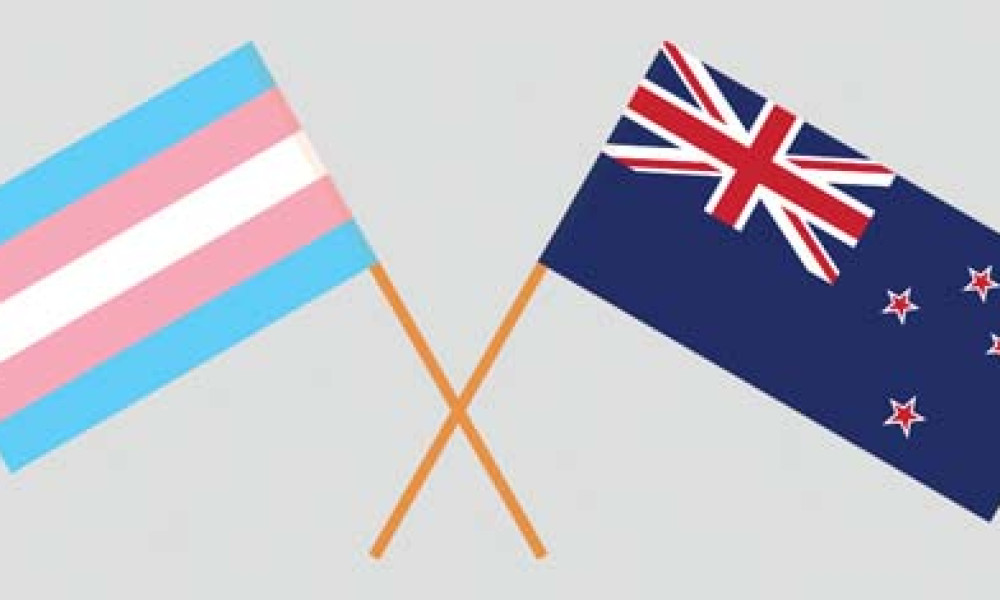Playing community sport is a birthright for New Zealanders. We may never wear the silver fern but we can still compete and socialise, and dream.
However, many transgender sports people are at risk of losing the experience of community sport because of funding changes for community sport signalled by the Government.
The issue
The coalition Government’s policy is that “publicly funded sporting bodies support fair competition that is not compromised by rules relating to gender.” It's part of New Zealand First's coalition deal with National.
To date, policy hasn’t been introduced. However New Zealand First's sport and recreation spokesperson Andy Foster has said that any sporting code which "doesn't provide for a safe and fair competition for women" is "potentially at risk" of losing government funding.
While these statements sound reasonable – who doesn’t want safe and fair competition? – they are dog whistling to those who think that having a trans woman compete with other women is inherently unfair.
In practical terms this policy would cut people out of playing sport because trans women will be forced to choose: play in a men's team or not play at all.
Sport New Zealand's guidance
Such a policy would also put sporting bodies in the impossible position of risking losing their funding and threatening the viability of their sport for everyone – if they protect trans people and their right to play community sport in a team that aligns with their gender.
Sport New Zealand’s 2022 guidance on trans inclusion in sport includes an overarching principle stating that “every New Zealander has the right to participate in Sport and to be treated with respect, empathy and positive regard. Transgender people can take part in sports in the gender they identify with.”
The guidance is based on extensive consultation, over three rounds, to ensure it reflects best practice and provides the best outcomes for people who play sport.
Standing up for trans rights
The proposed policy is not about safety in sport. It is among other thinly-veiled attacks on the rainbow community the Government is making, such as draft reforms to gender and sexuality curricula in schools.
As the union for public services, the Public Service Association (PSA) has an interest in ensuring public funding is used to create accessible community services for all. That includes community sport, and it should include everyone, whether trans or not.
Regardless of the government of the day, as the network for rainbow PSA members, OUT@PSA will stand up against attacks on trans people, and stand up for the rights of trans people to participate fully in their communities.
Authored by
• Maddi Rowe (they/them), a PSA Campaigns and Communications Advisor.
• Andrew McCauley (he/him), a PSA Policy Advisor.
